
Cordoba, Spain
Overview
Cordoba, a city where ancient Roman, Moorish, and Christian histories intertwine, captivates with its breathtaking Mezquita-Cathedral, a unique fusion of architectural styles. Wander its charming patios, adorned with vibrant flowers during the annual Patio Festival, and experience the essence of Andalusian culture.
Best Time to Travel
Best Months
April, May, and October
During April, May, and October, Cordoba enjoys very pleasant and mild to warm temperatures, abundant sunshine, and low rainfall, creating ideal conditions for exploring.
Months to Avoid
June to September - extremely hot, with daily temperatures often exceeding 40°C (104°F), making sightseeing uncomfortable. December to February - cooler, can be rainy, and some patios may not be in full bloom.
Consider visiting during other months
Peak Season
May, due to its numerous festivals (Patios Festival, Cruces de Mayo, Feria de Córdoba); also Easter (Semana Santa), which typically falls in late March or April.
Expect larger crowds and higher prices
Top Things to Do

Mosque-Cathedral Monumental Site of Córdoba

Alcázar de los Reyes Cristianos

Medina Azahara - Conjunto Arqueológico Madinat al-Zahra

Hammam Al Andalus

Filmoteca de Córdoba

Palacio de Viana

Museum of Fine Arts of Cordoba

La Ciudad de los Niños

Carbonell Olive Oil Museum

Museo Alfonso Ariza

Pedrique: Eremitorio y antigua casa-museo de Aurelio Teno

Puerta de Meho Kolodro

Iglesia de San Pablo

Reloj de las Tendillas

Woow Cordoba

Iglesia del Juramento de San Rafael

Jardines Huerto de Orive

Fuente de la Piedra Escrita

Jardines del Duque de Rivas

Casa Góngora-Sala Galatea. (Abierta durante las exposiciones temporales).

Hotel Hospes Palacio del Bailío

Hotel Abadi

Restaurante Carmen

Restaurante Sociedad Plateros María Auxiliadora

Bar Carrasquilla

Restaurante El Churrasco | Córdoba

La Taberna del Río
Recommended Hotels
Search All Hotels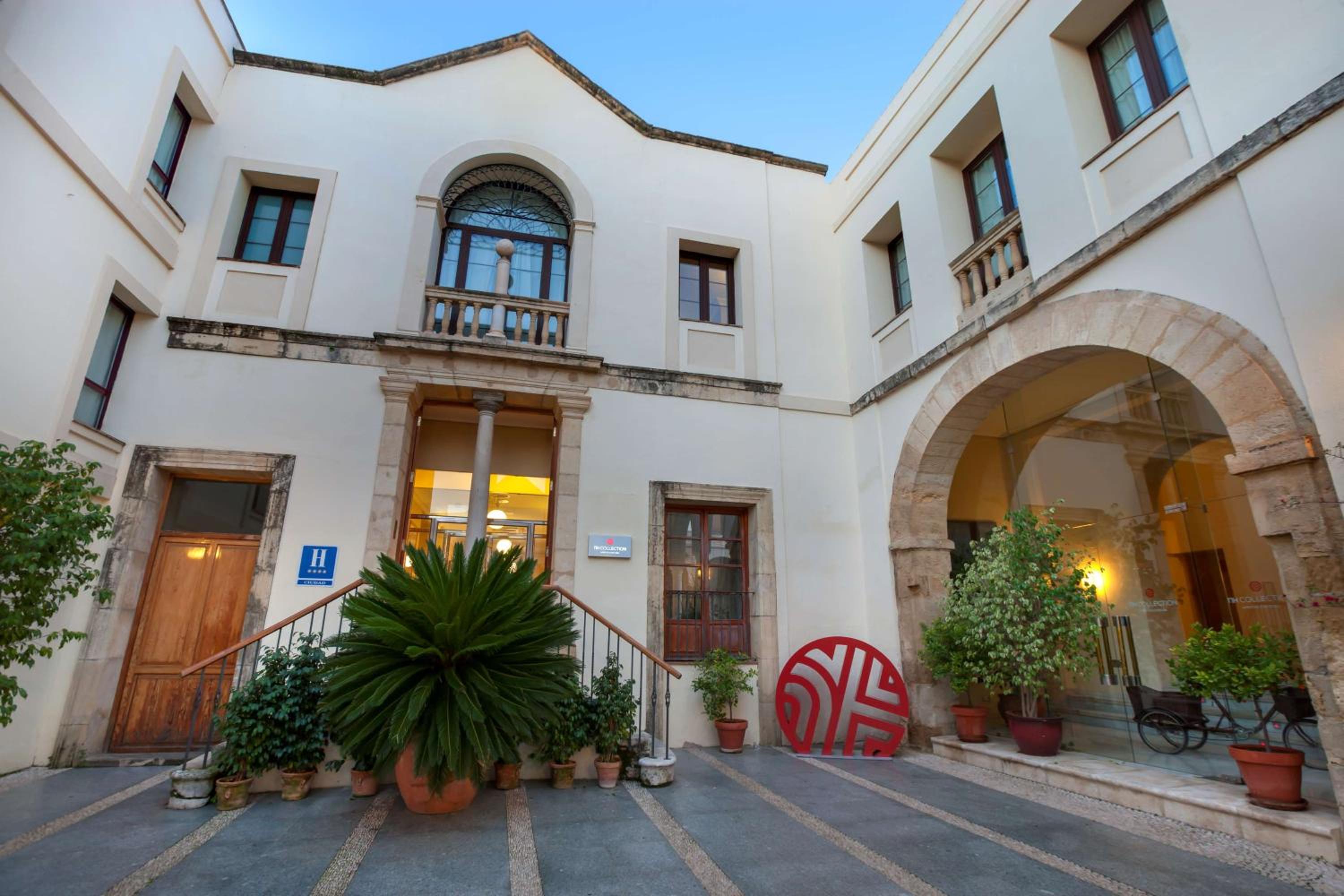
NH Collection Palacio de Córdoba
Pz Maimonides 3
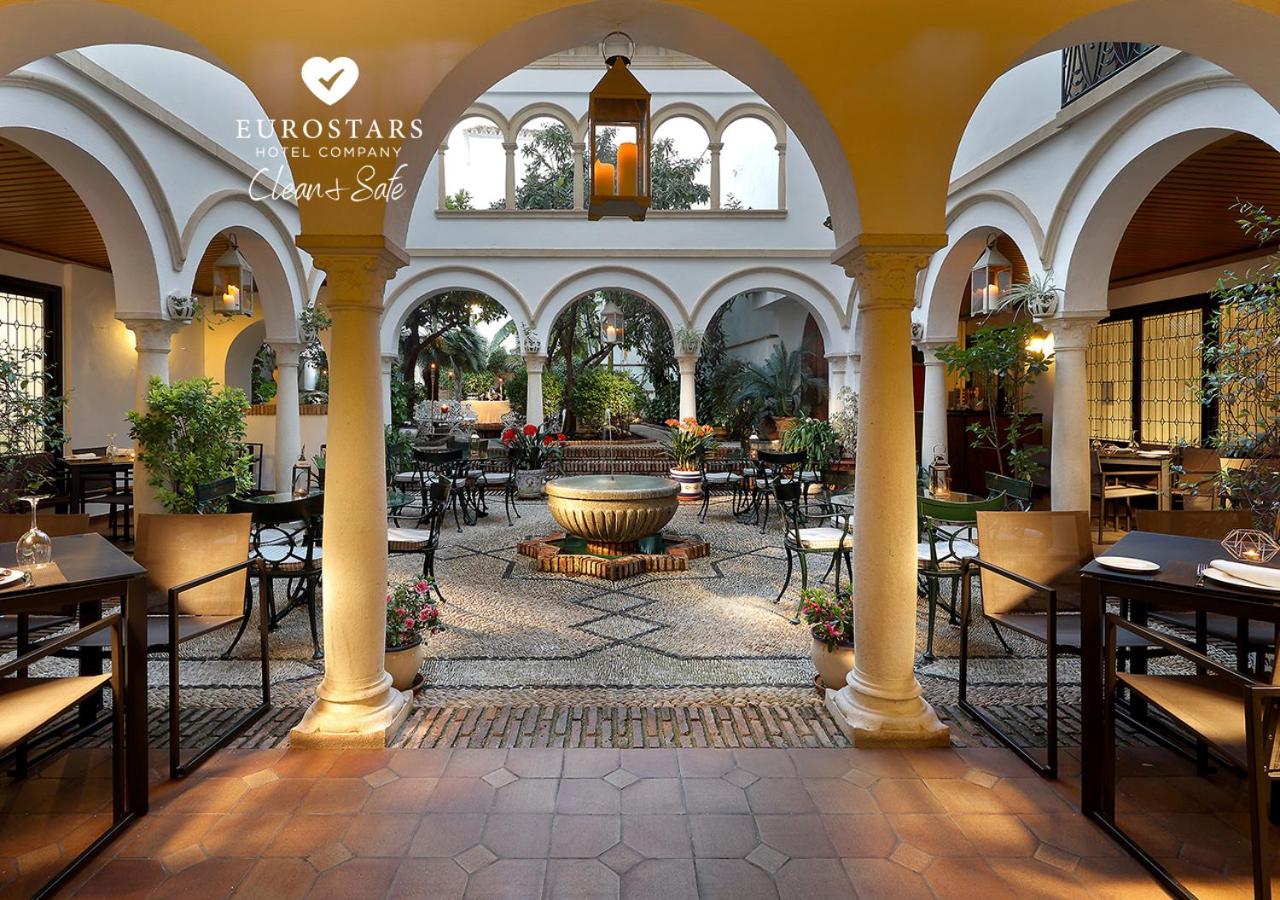
Eurostars Conquistador
Magistral Gonzalez Frances 15-17
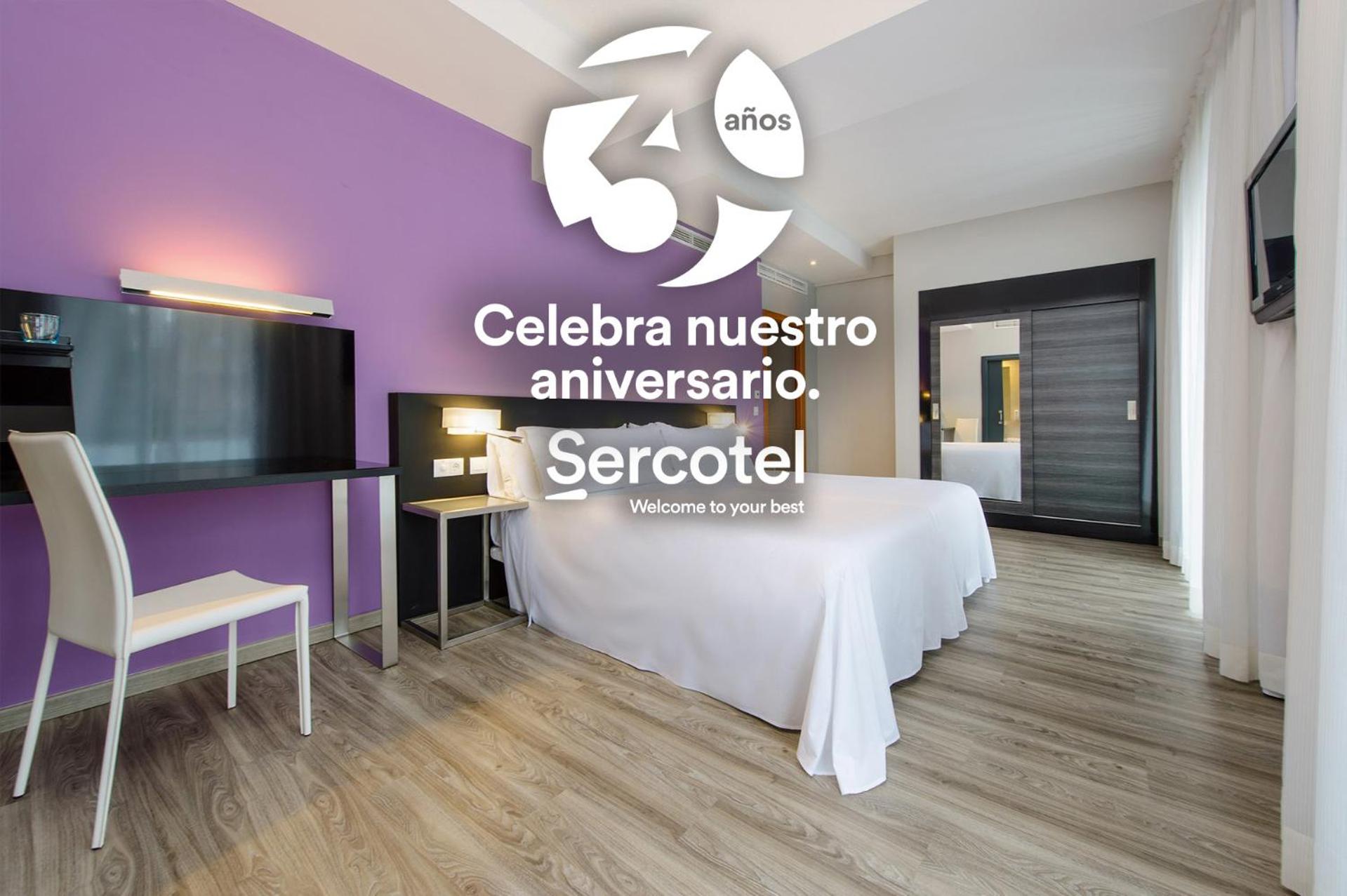
Sercotel Córdoba Medina Azahara
Avenida Medina Azahara 7
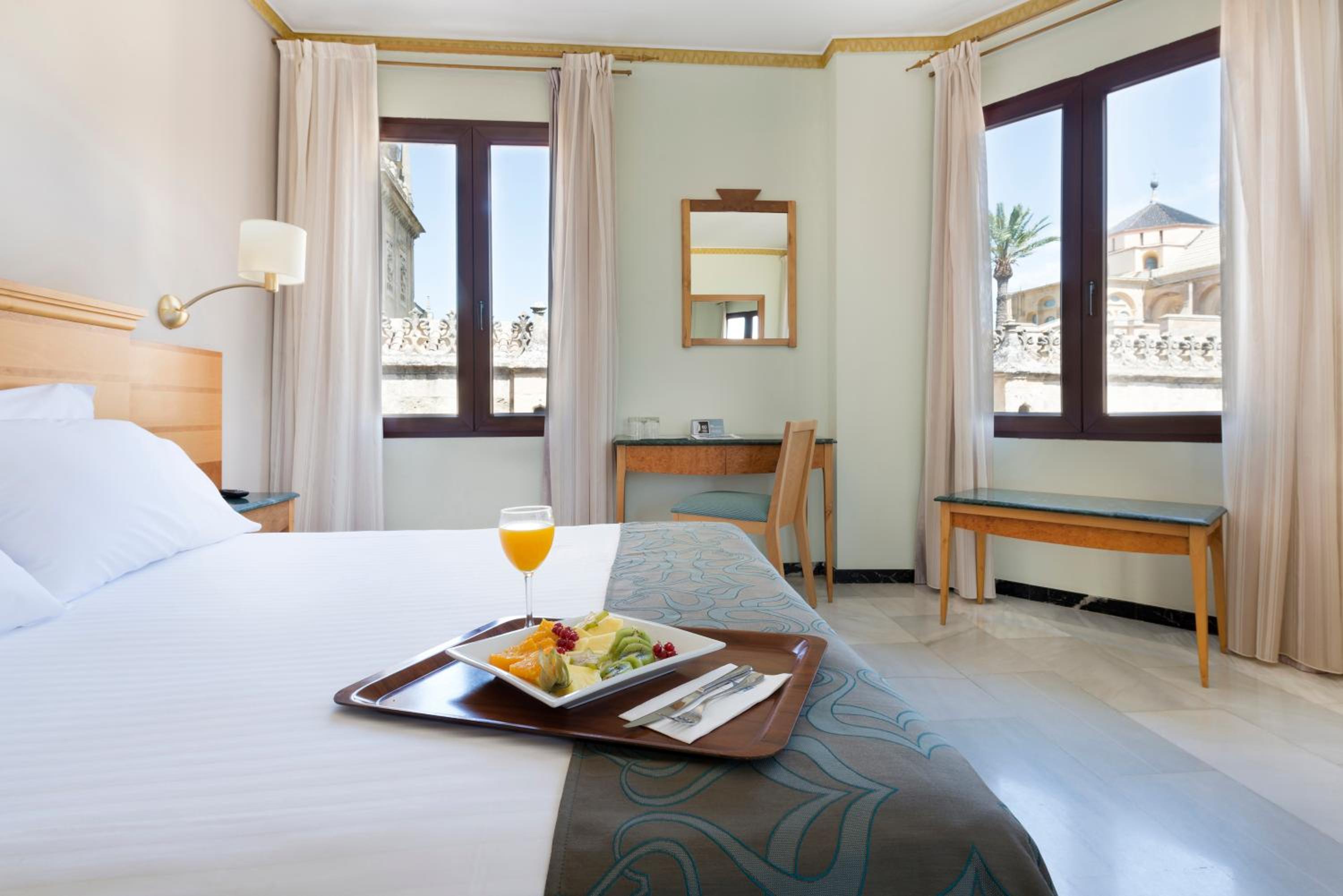
Eurostars Maimonides
Torrijos 4
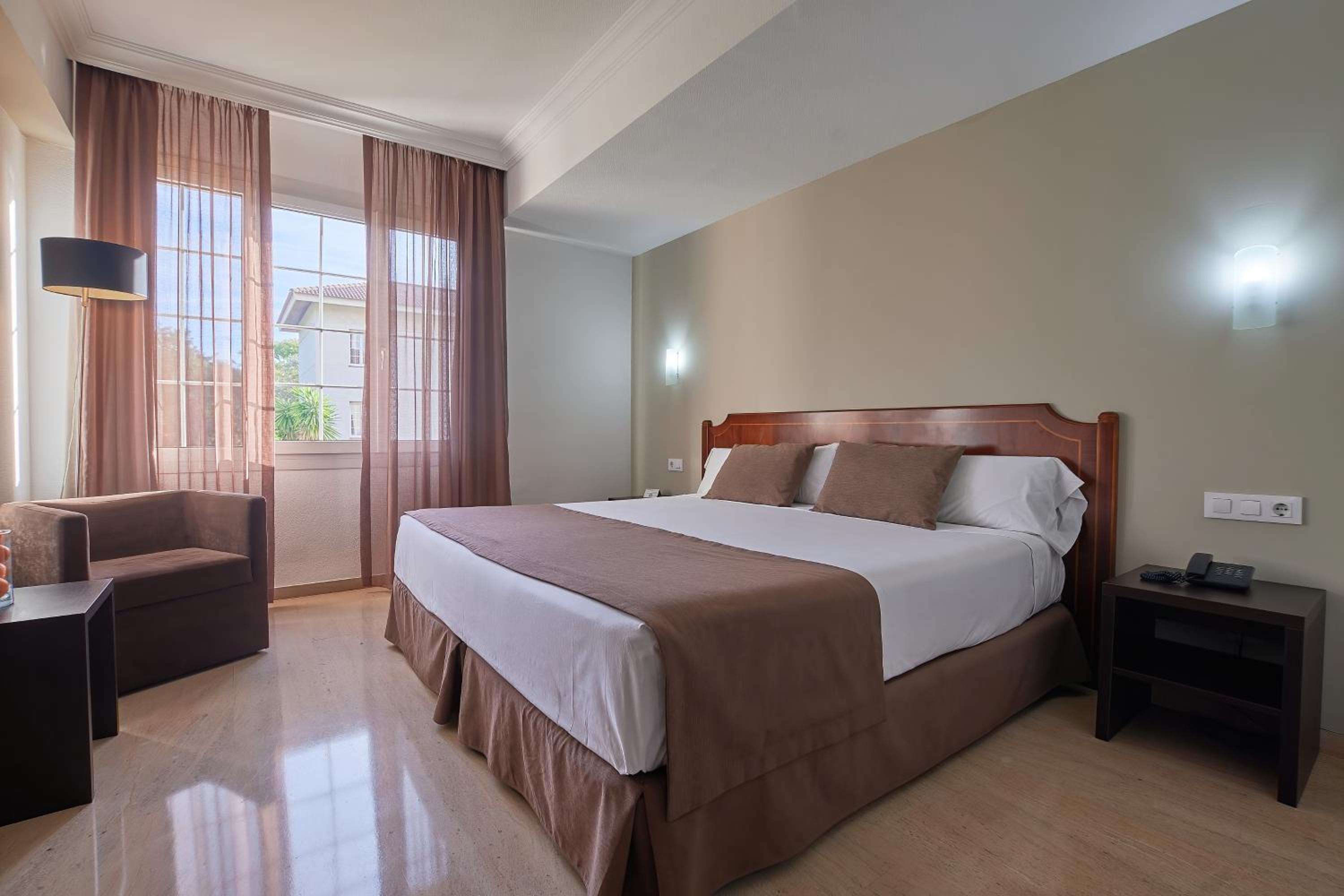
Crisol Jardines de Córdoba
Poeta Alonso Bonilla 3
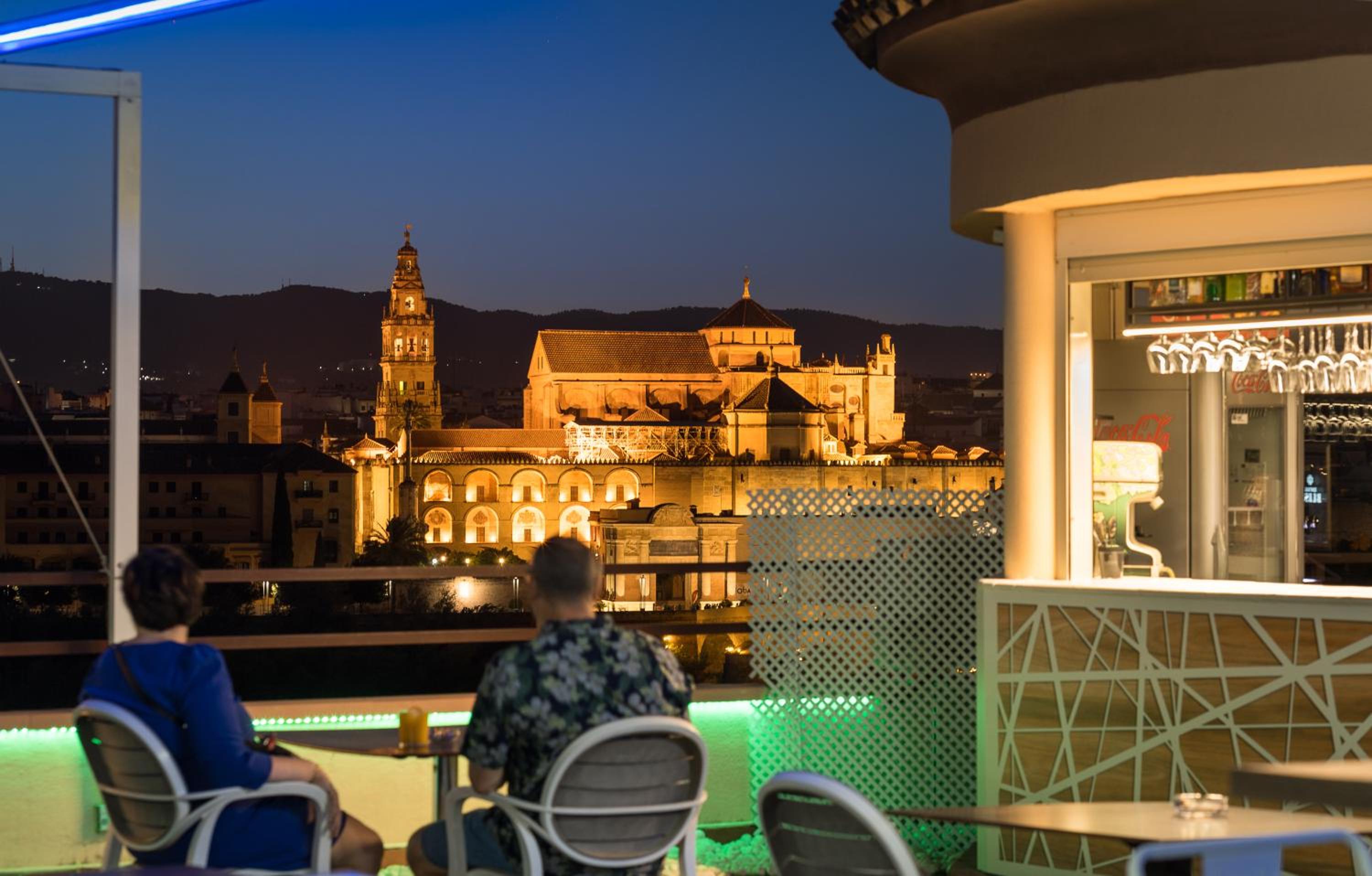
Hesperia Córdoba
Avda. Fray Albino, 1
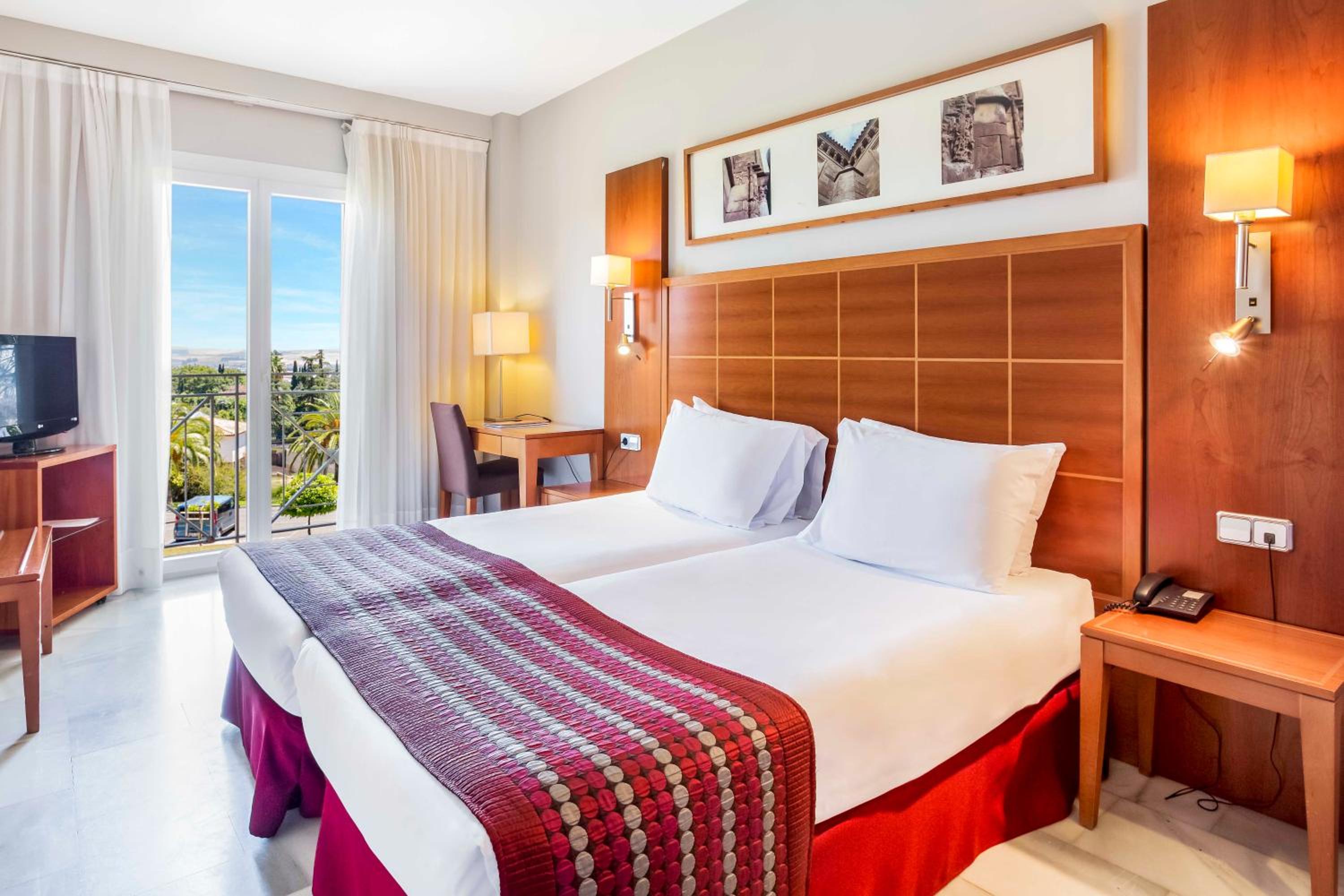
Exe Las Adelfas
Avenida Arruzafa
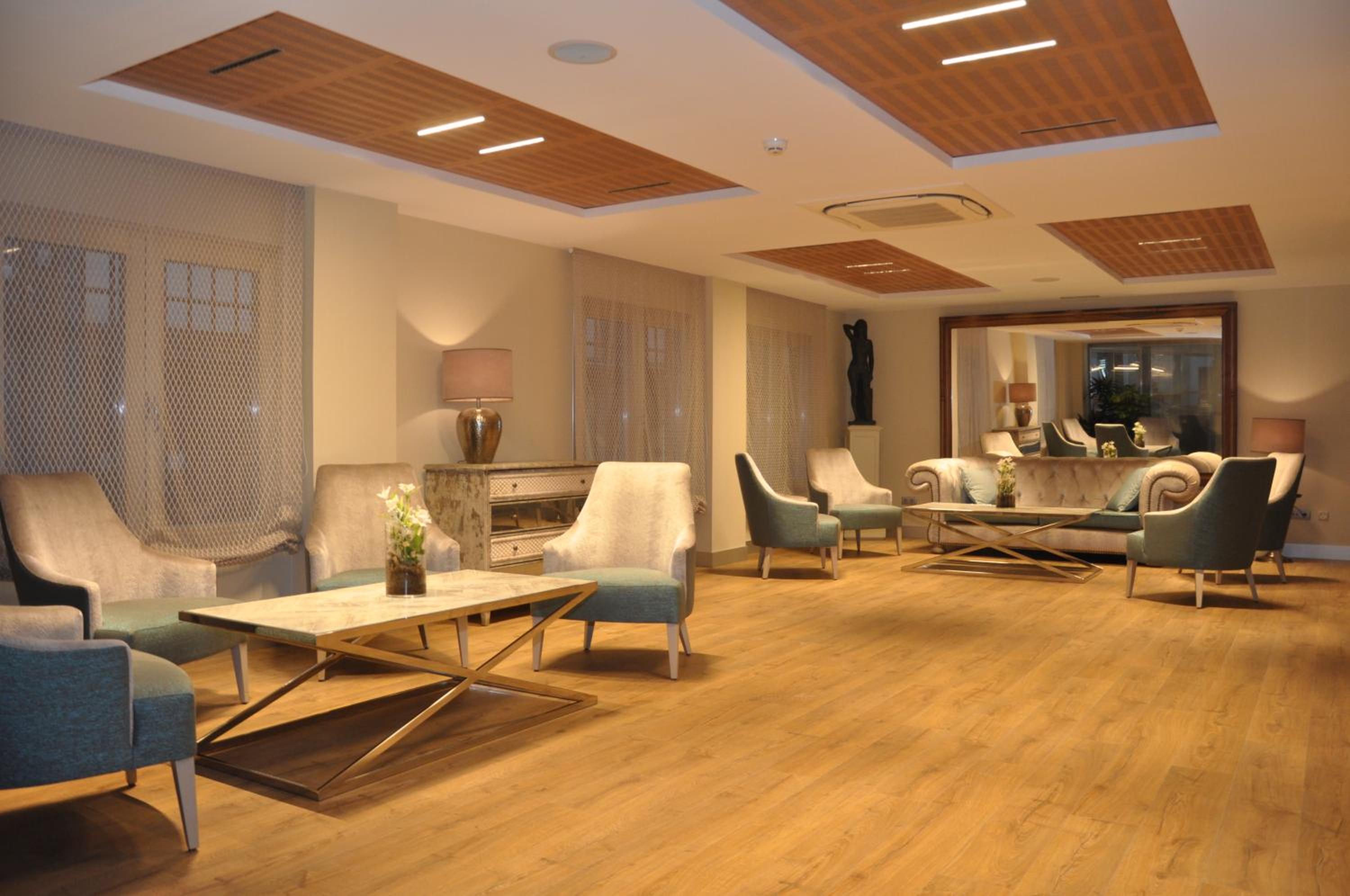
Hotel Selu
Eduardo Dato 7
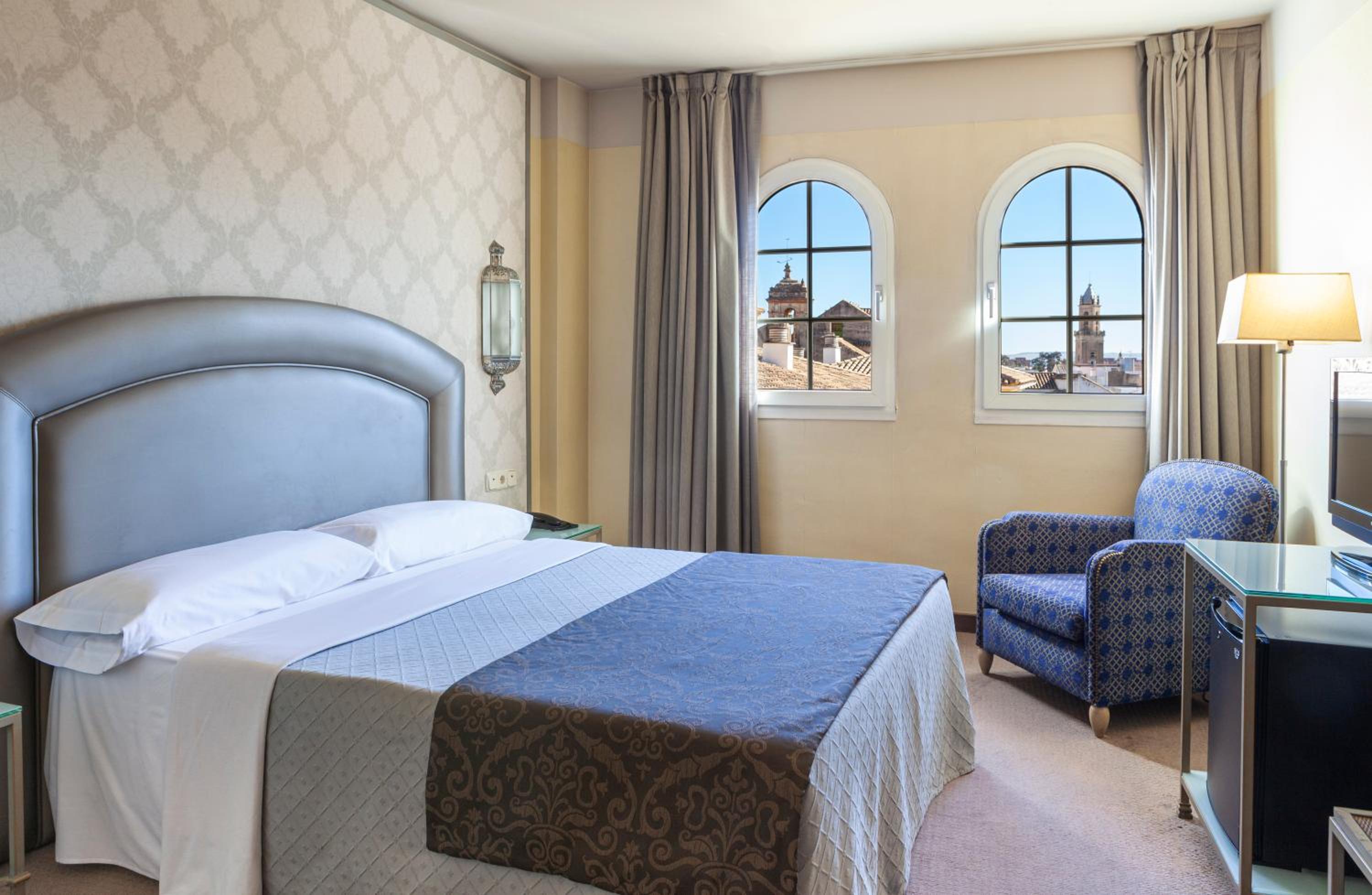
Hotel Macià Alfaros
Alfaros 18
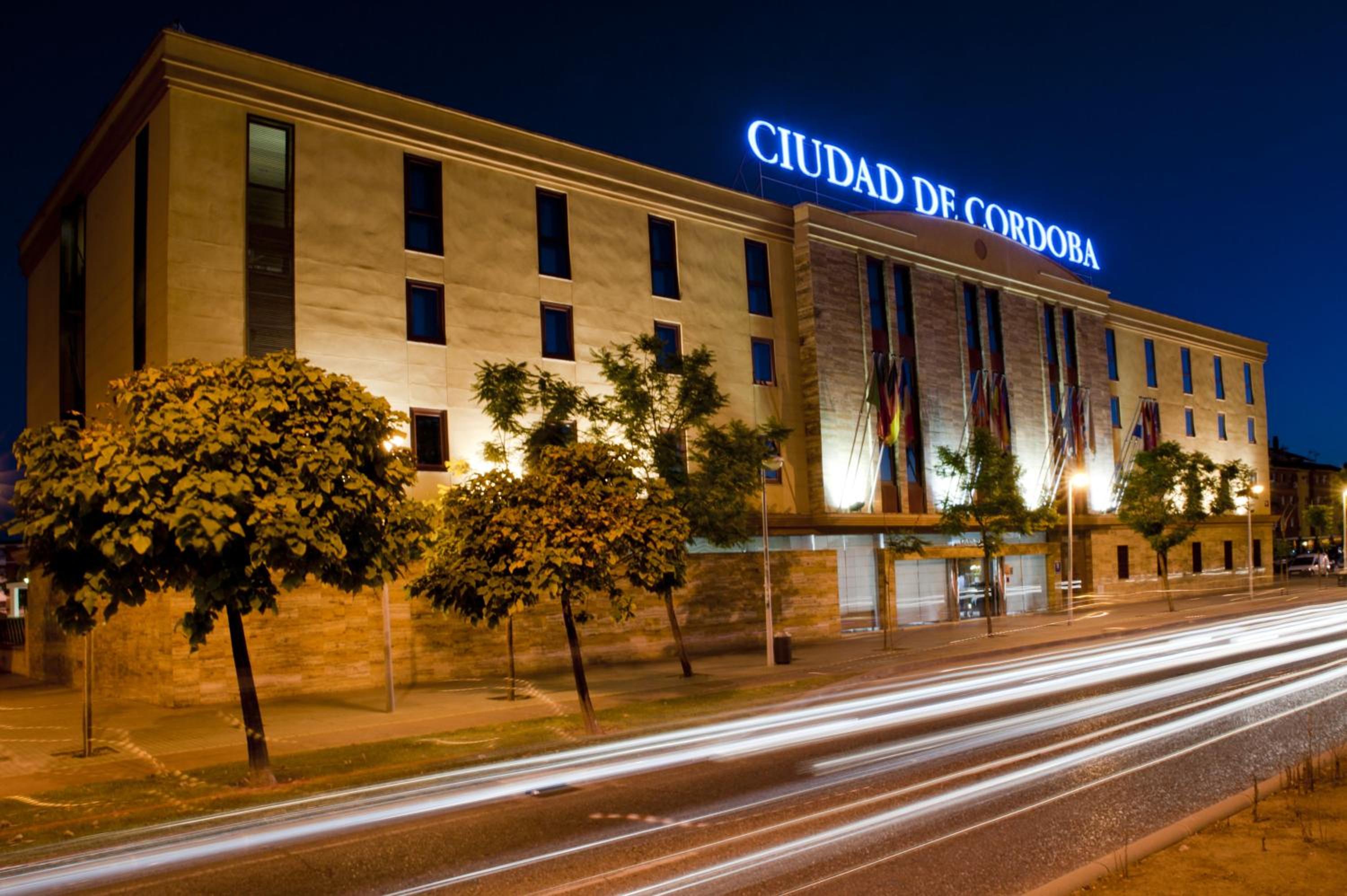
Exe Ciudad de Córdoba
Avenida de Cadiz s/n
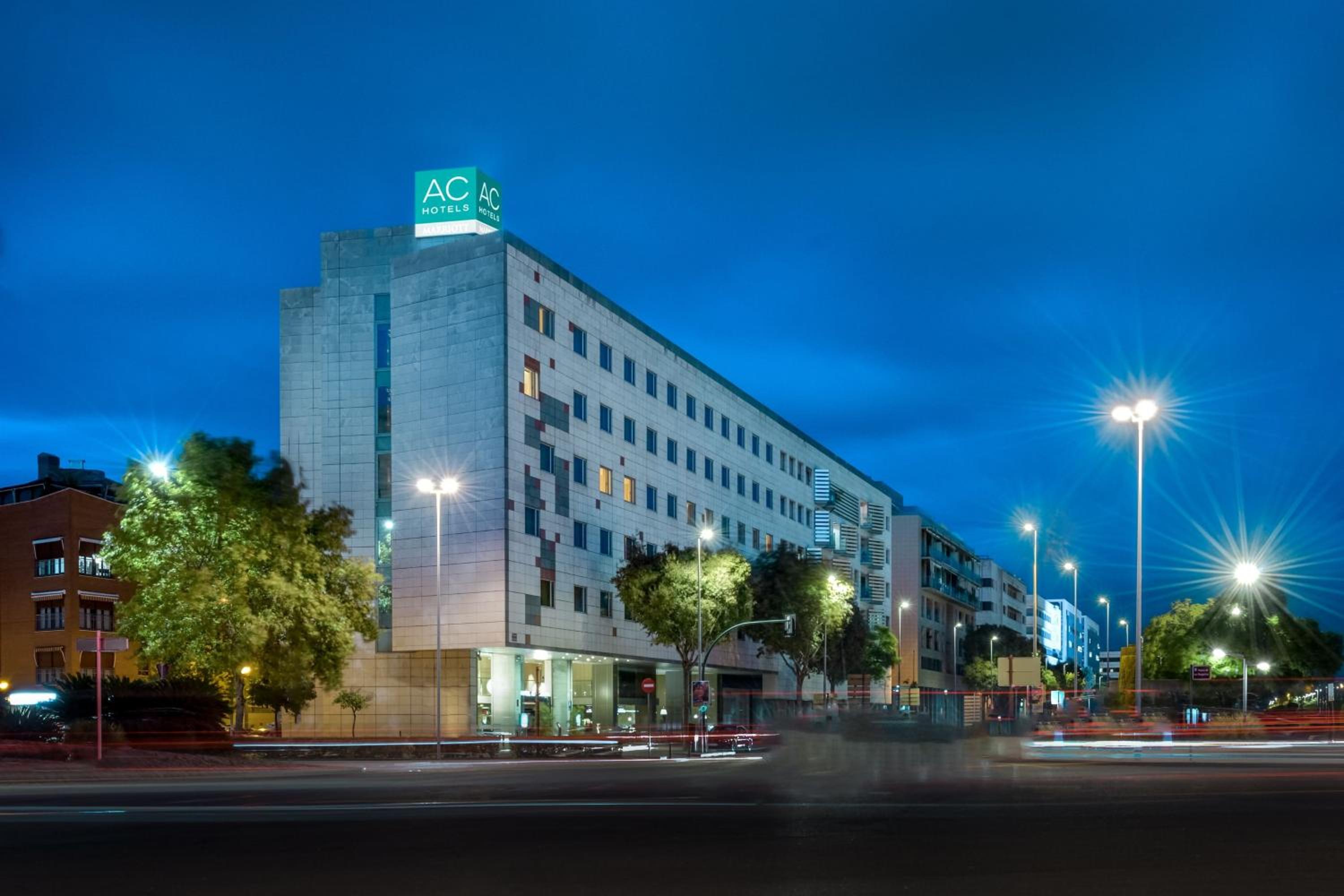
AC Hotel Córdoba by Marriott
Avenida De La Libertad, 24
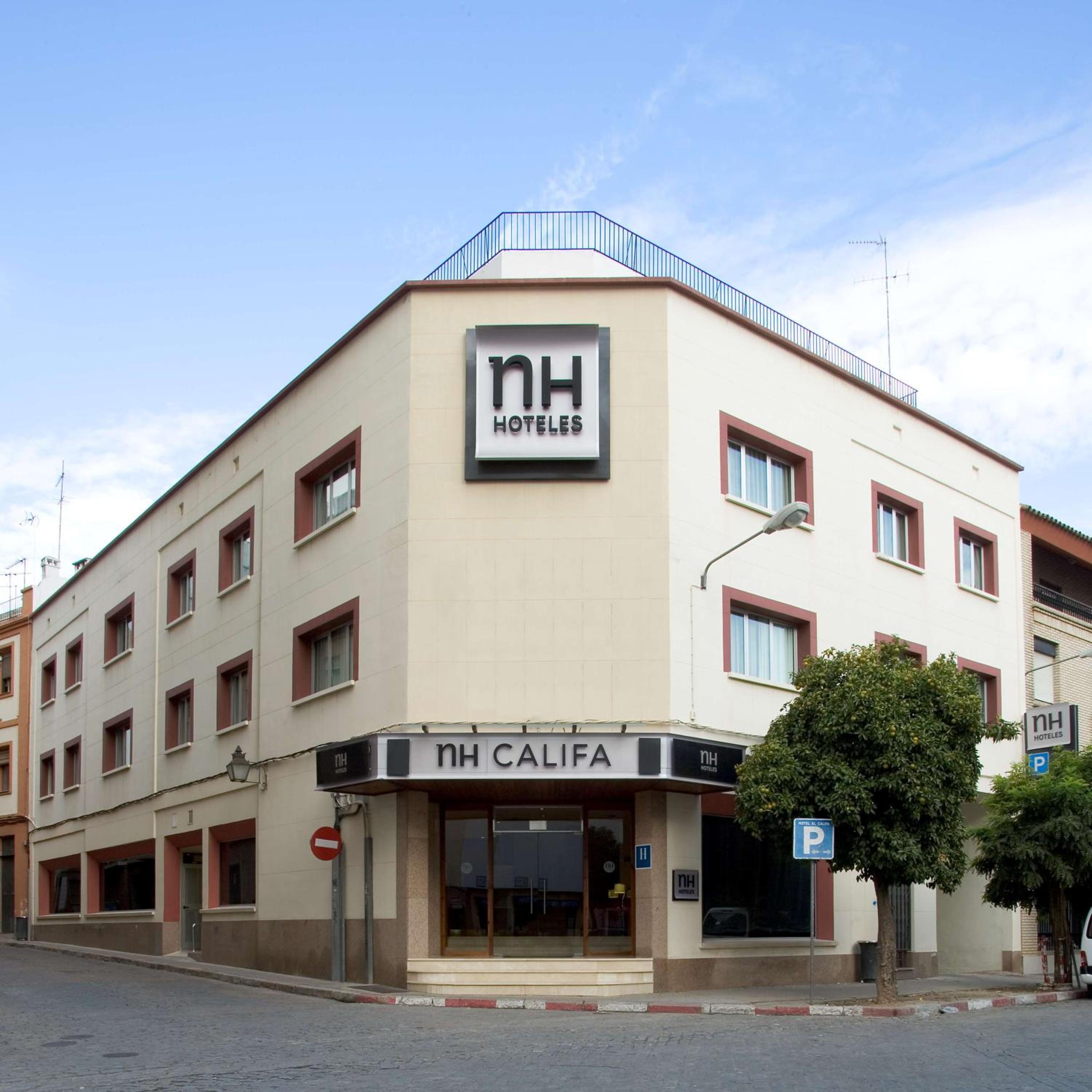
NH Córdoba Califa
Lope De Hoces 14
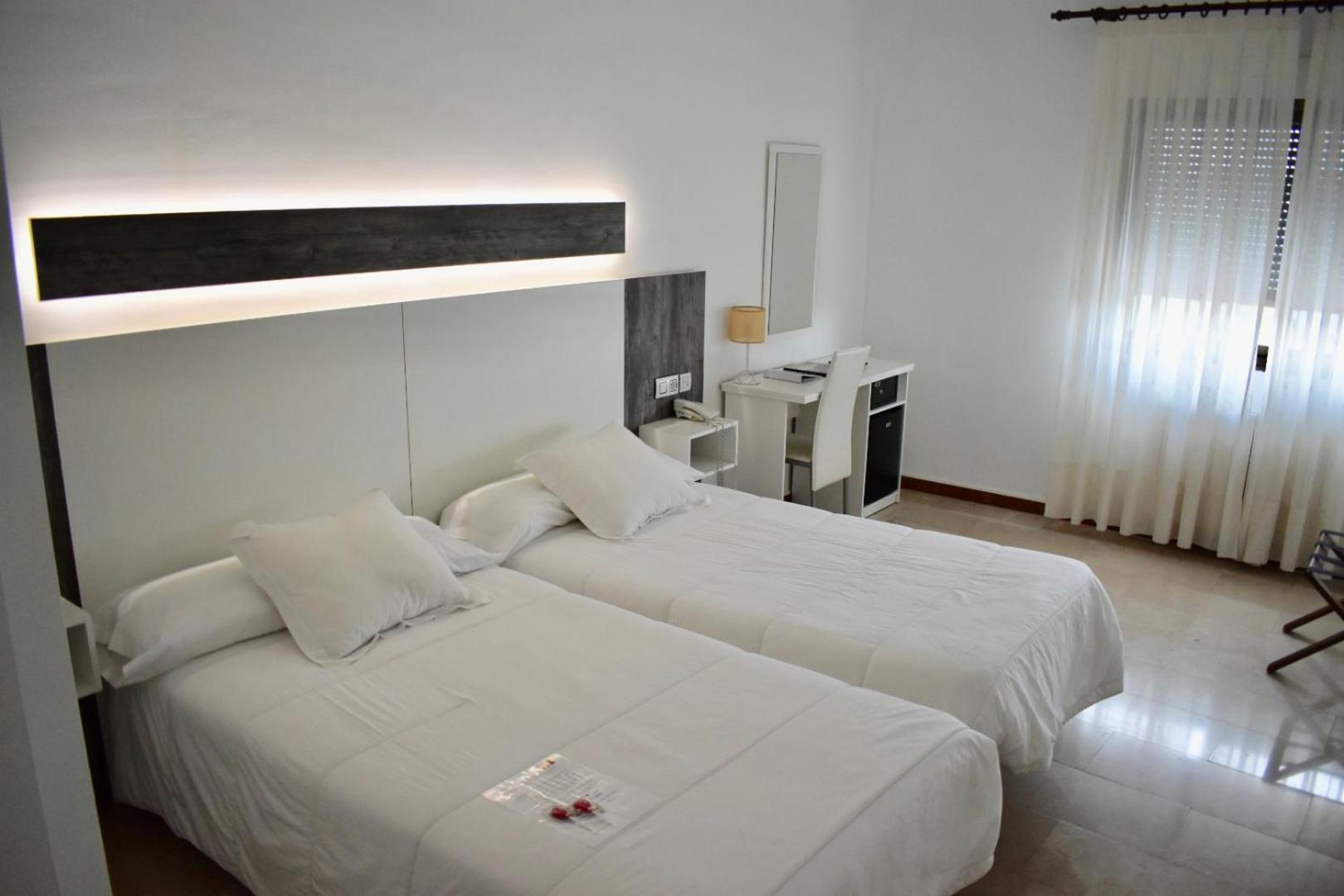
Emperatriz III
Avda.Padres Paules 2
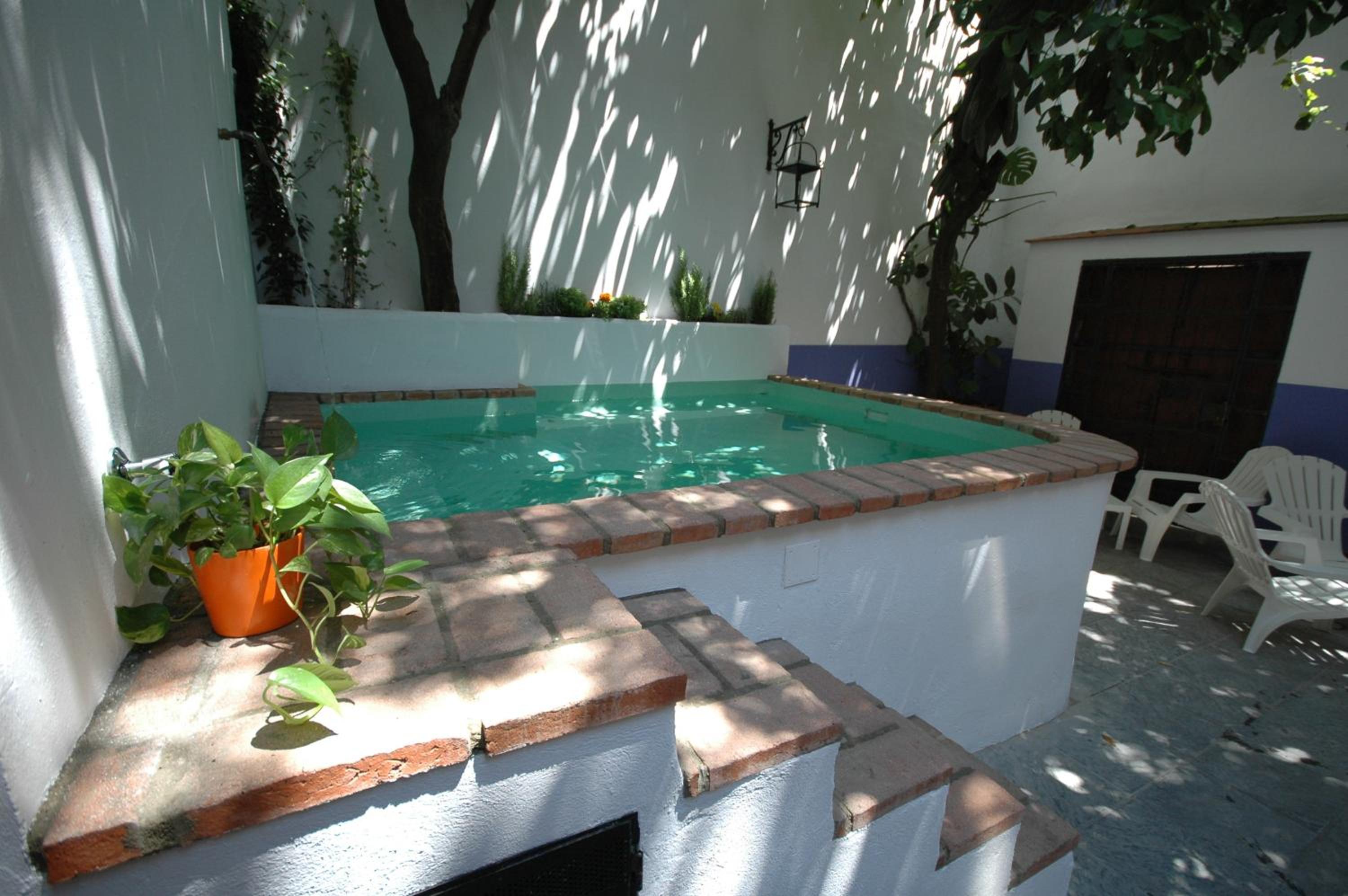
Hotel Casa de los Azulejos
Calle Fernando Colón, 5
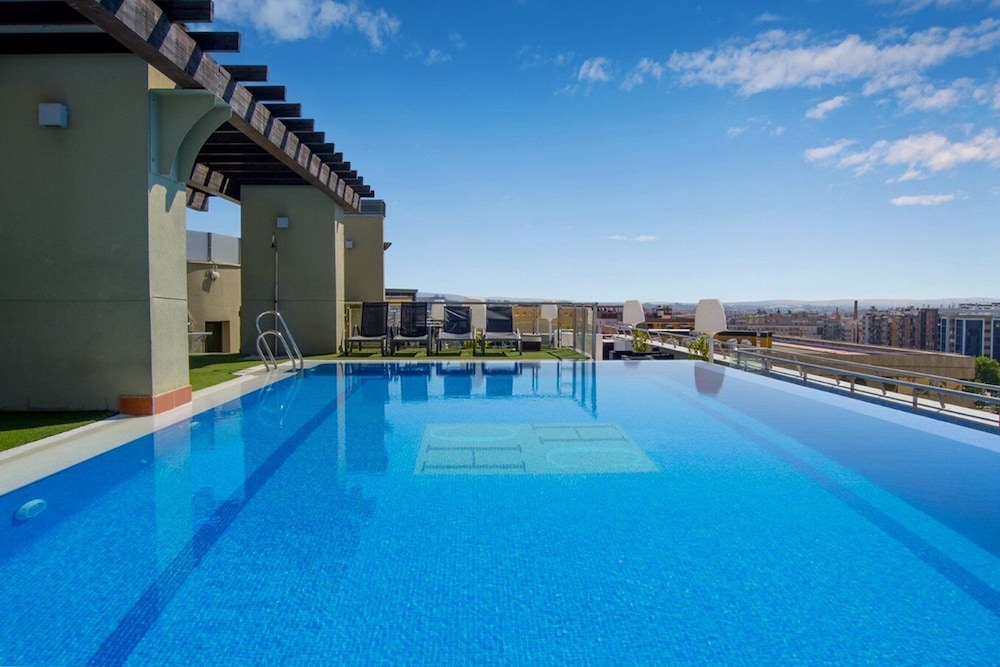
Hotel Córdoba Center
Avenida de la Libertad, 4
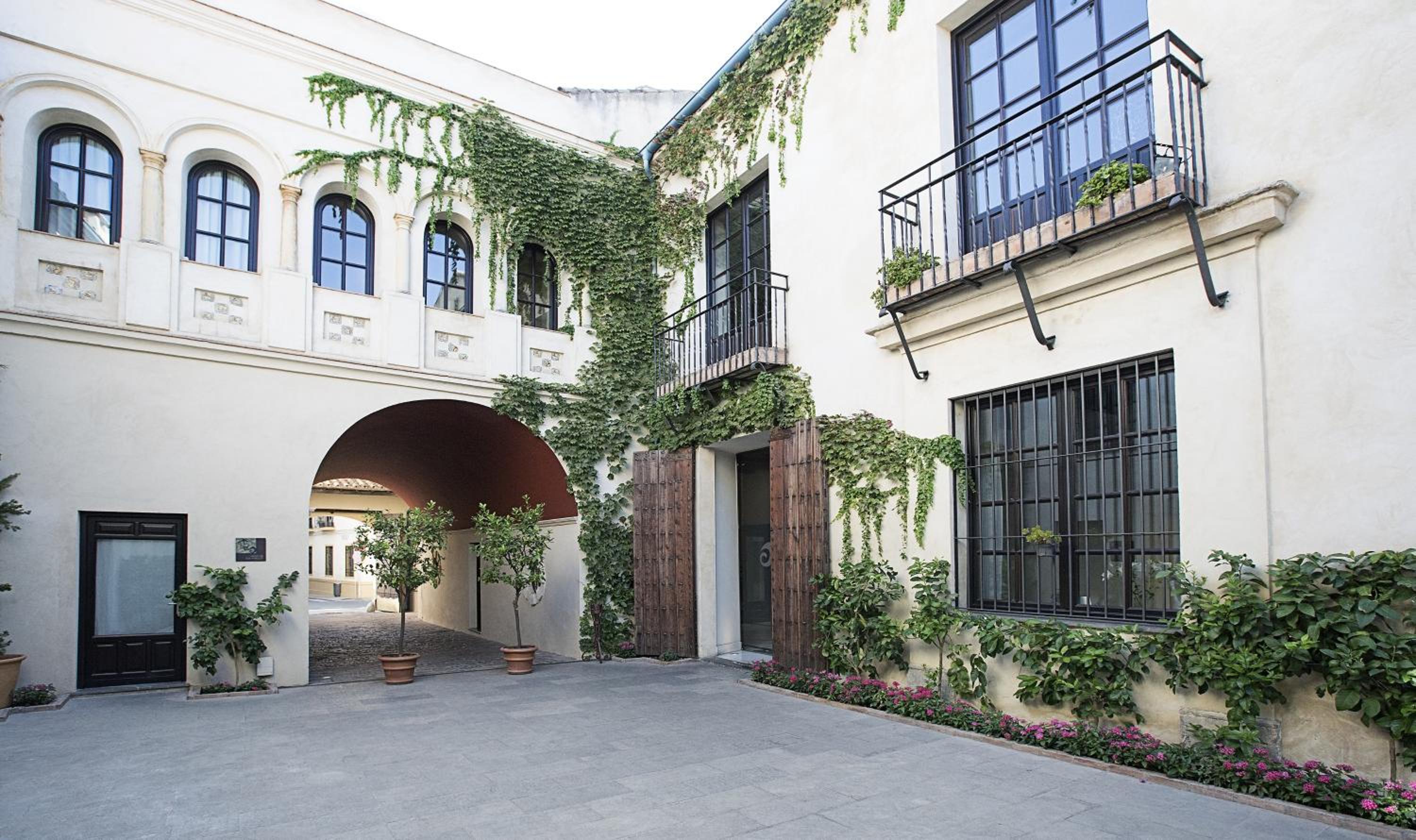
Hospes Palacio del Bailio, a Member of Design Hotels
Calle Ramirez de las Casas Deza, 10-12
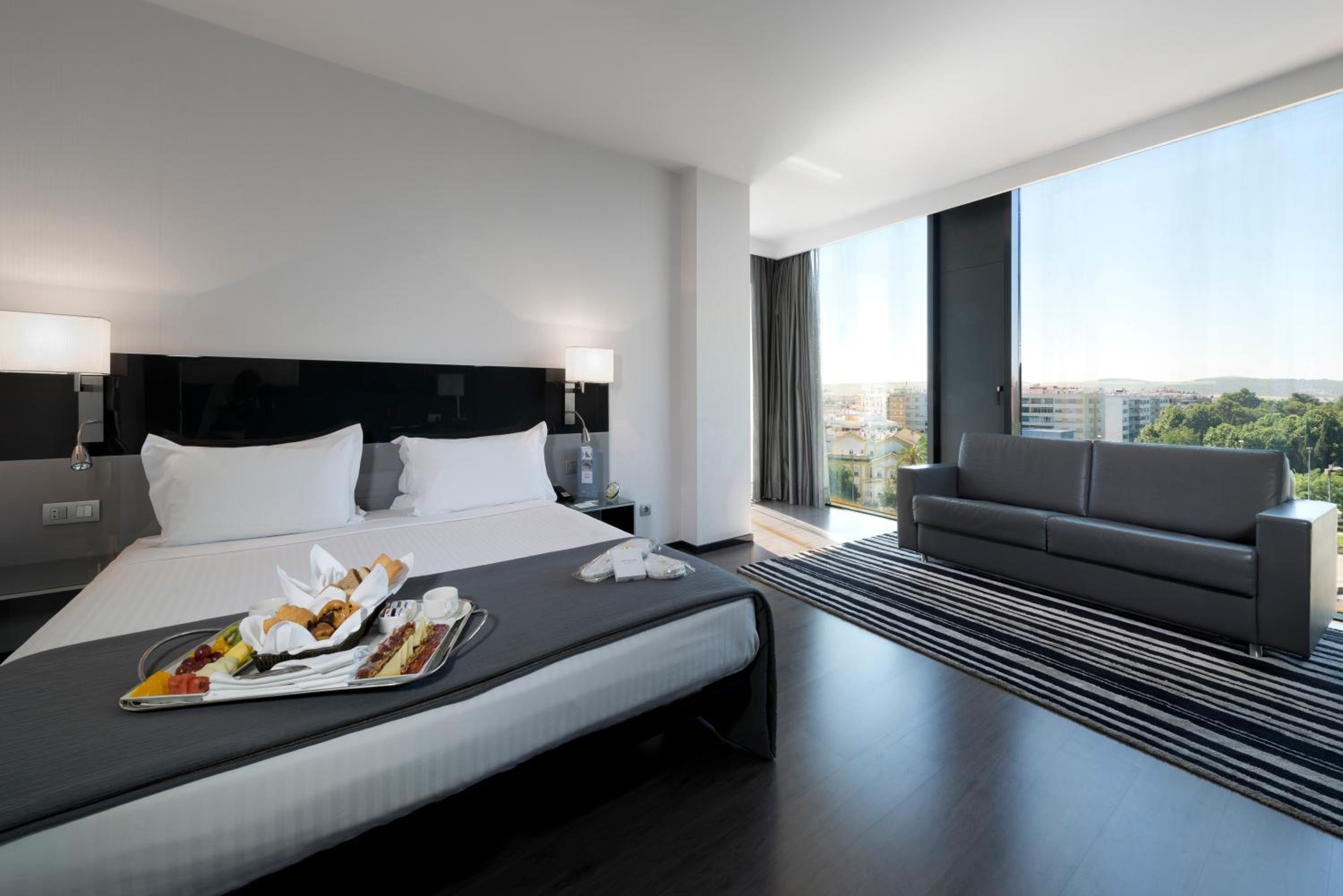
Eurostars Palace
Paseo de la Victoria, s/n
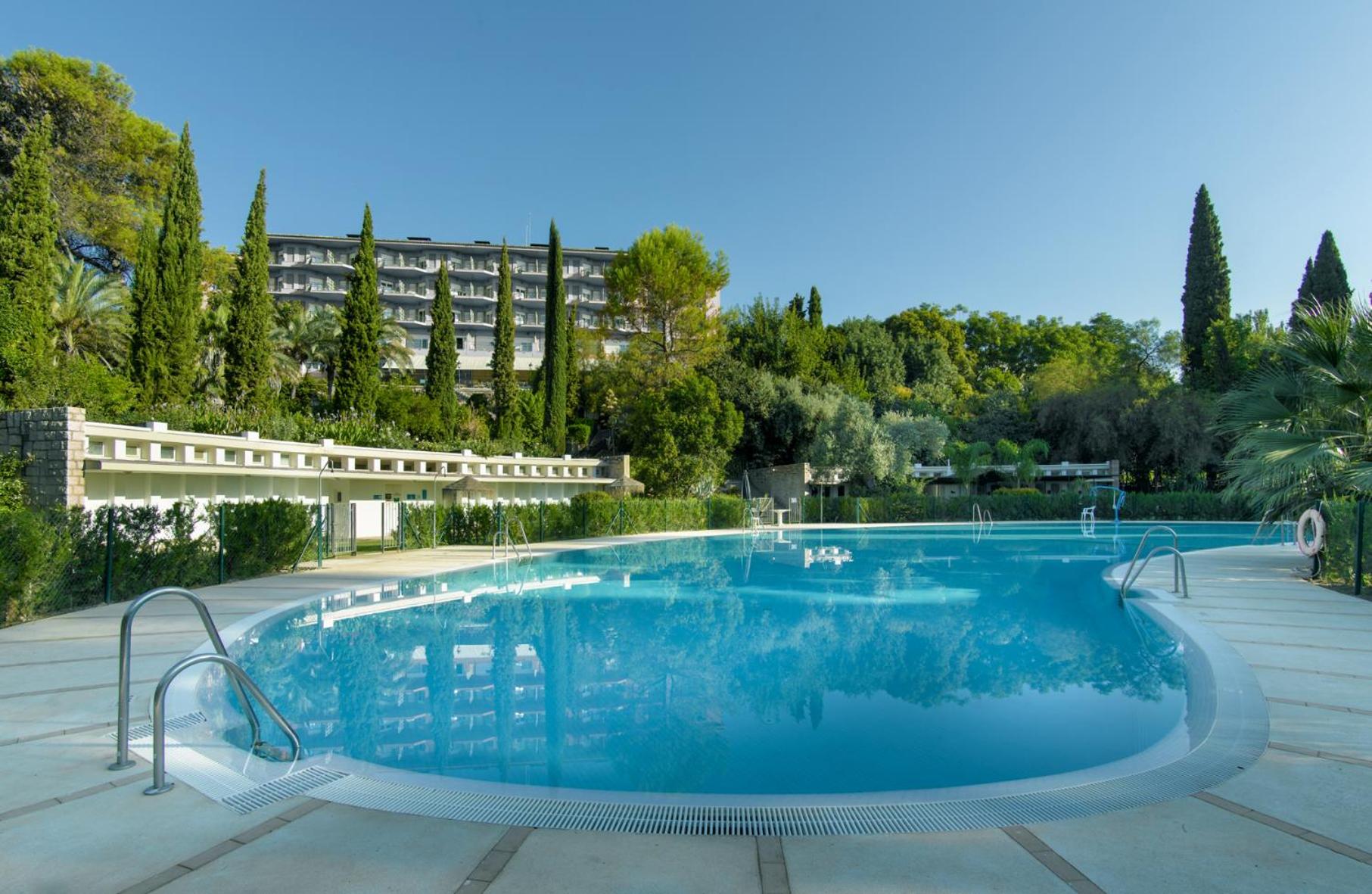
Parador de Cordoba
Avda. de la Arruzafa, 37
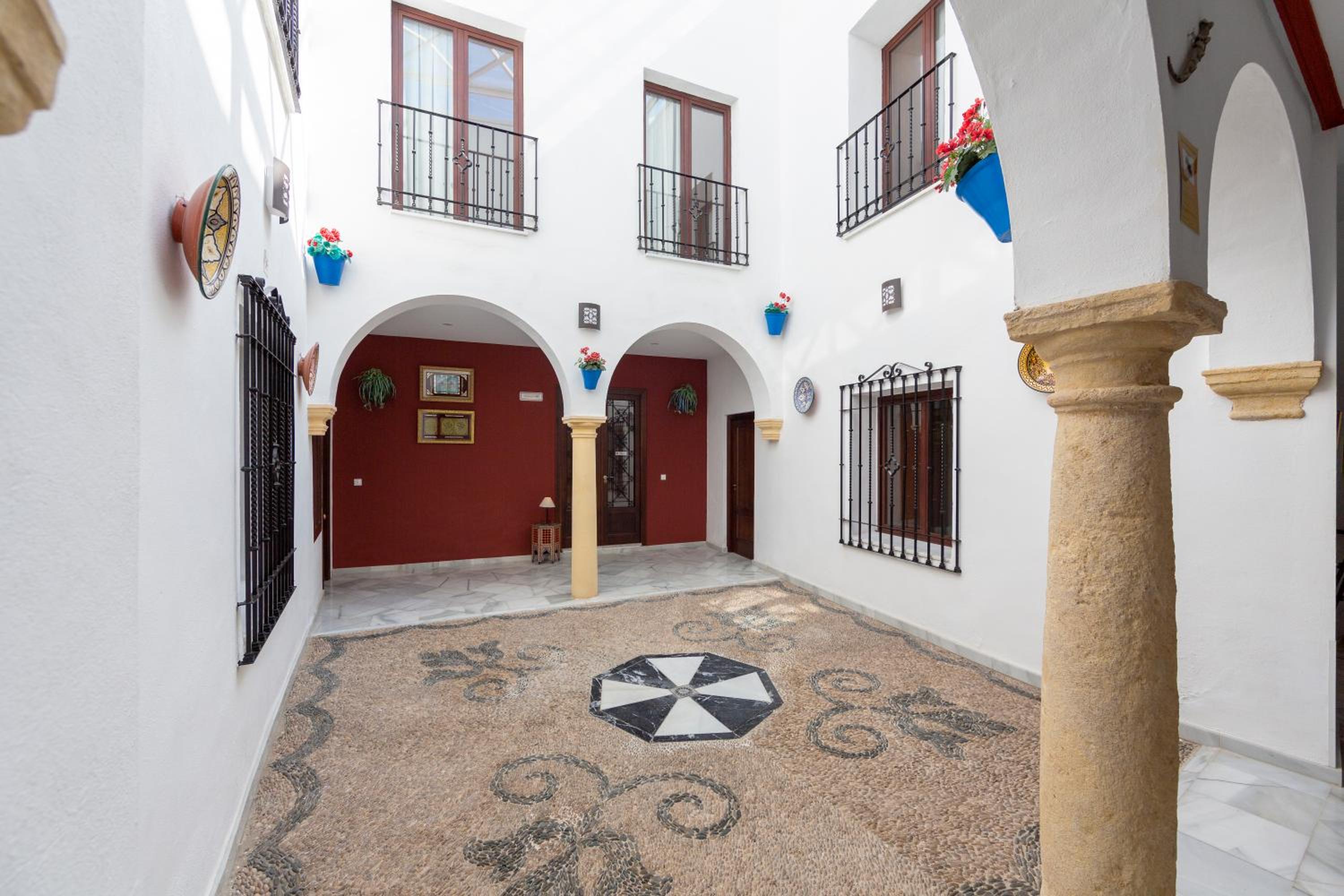
Hotel Los Omeyas
Calle de la Encarnación, 17
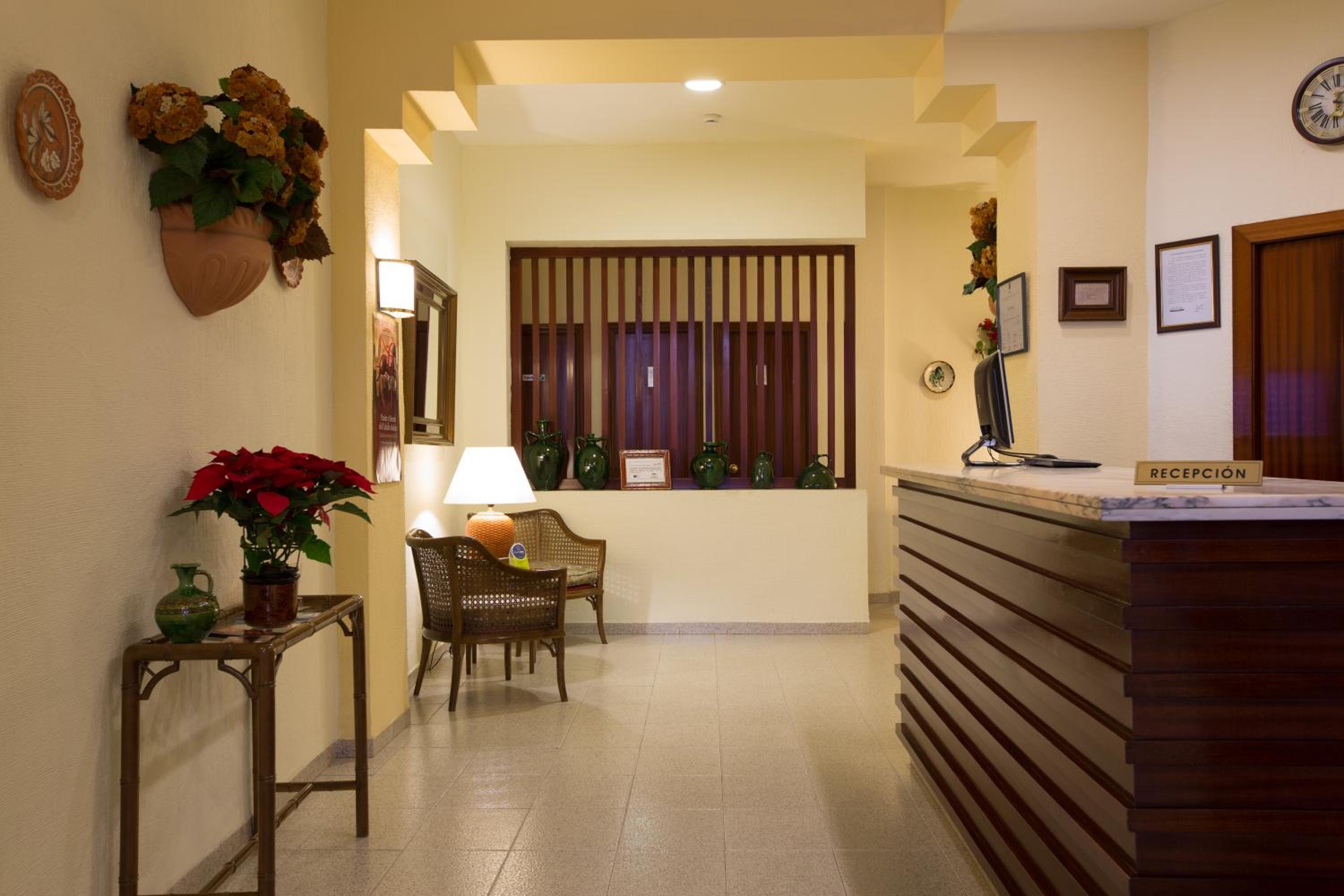
Hotel Riviera
Plaza Aladreros 5
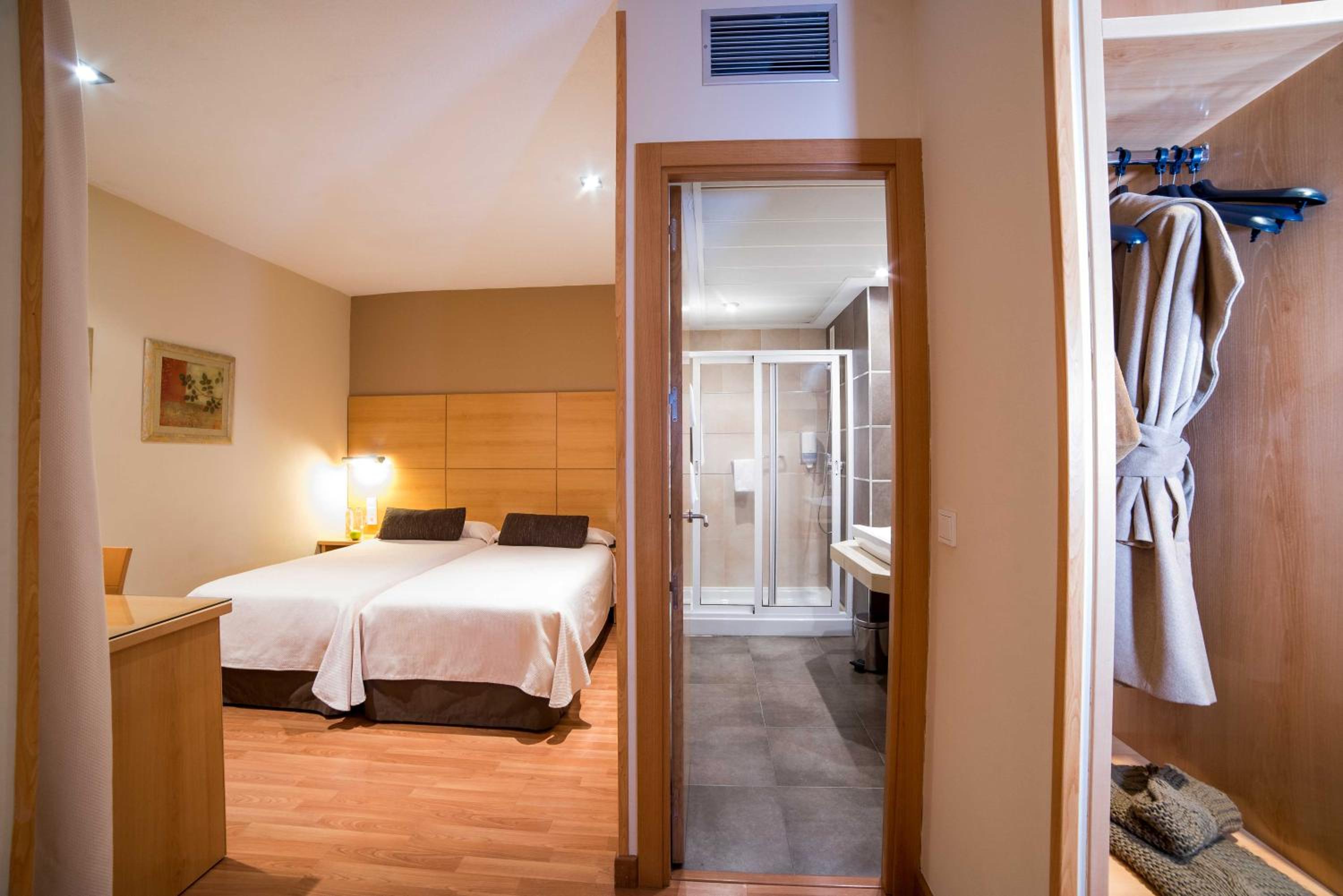
Hotel Serrano
Benito Perez Galdos 6
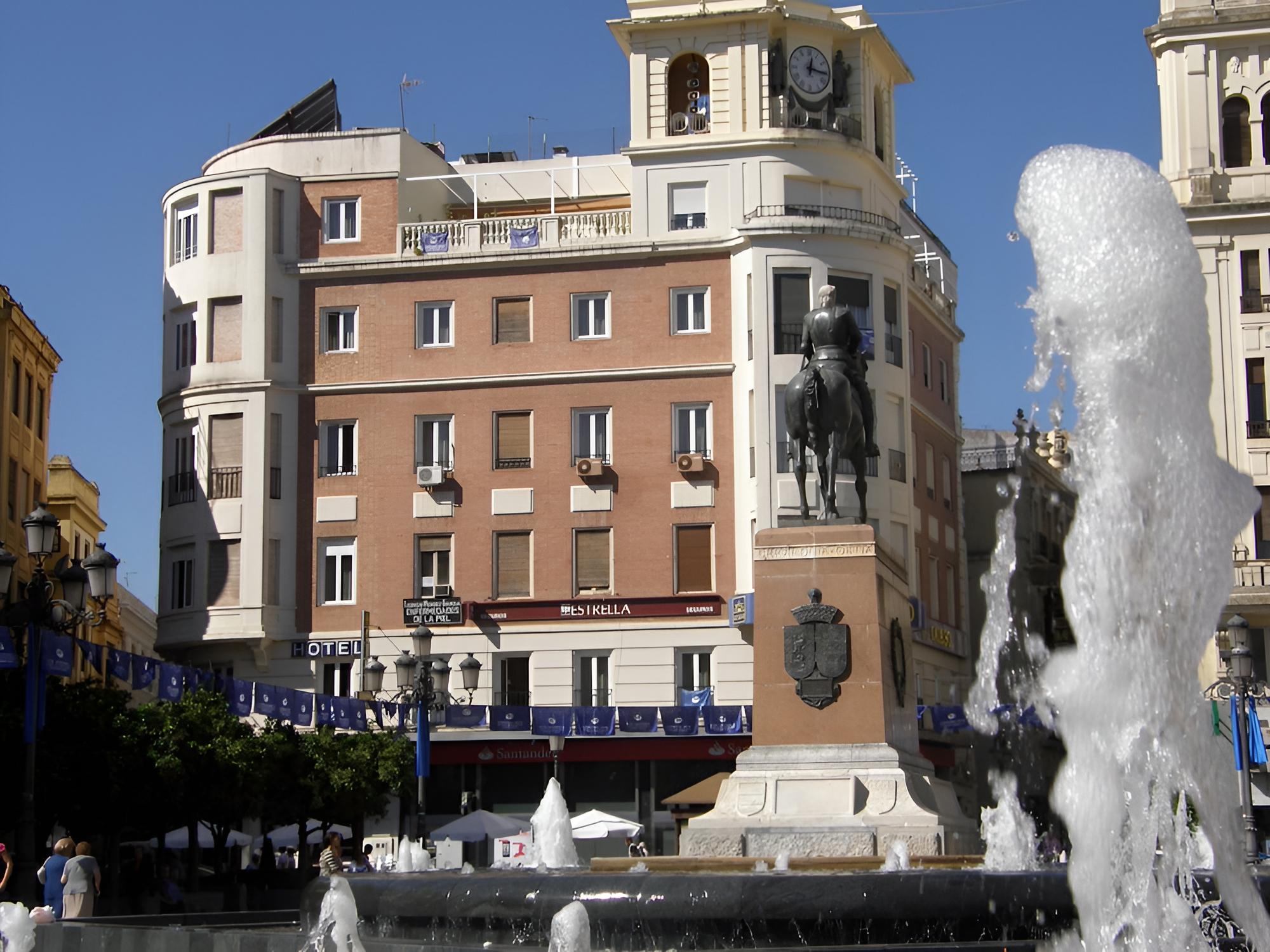
Hotel Boston
Calle Málaga, 2
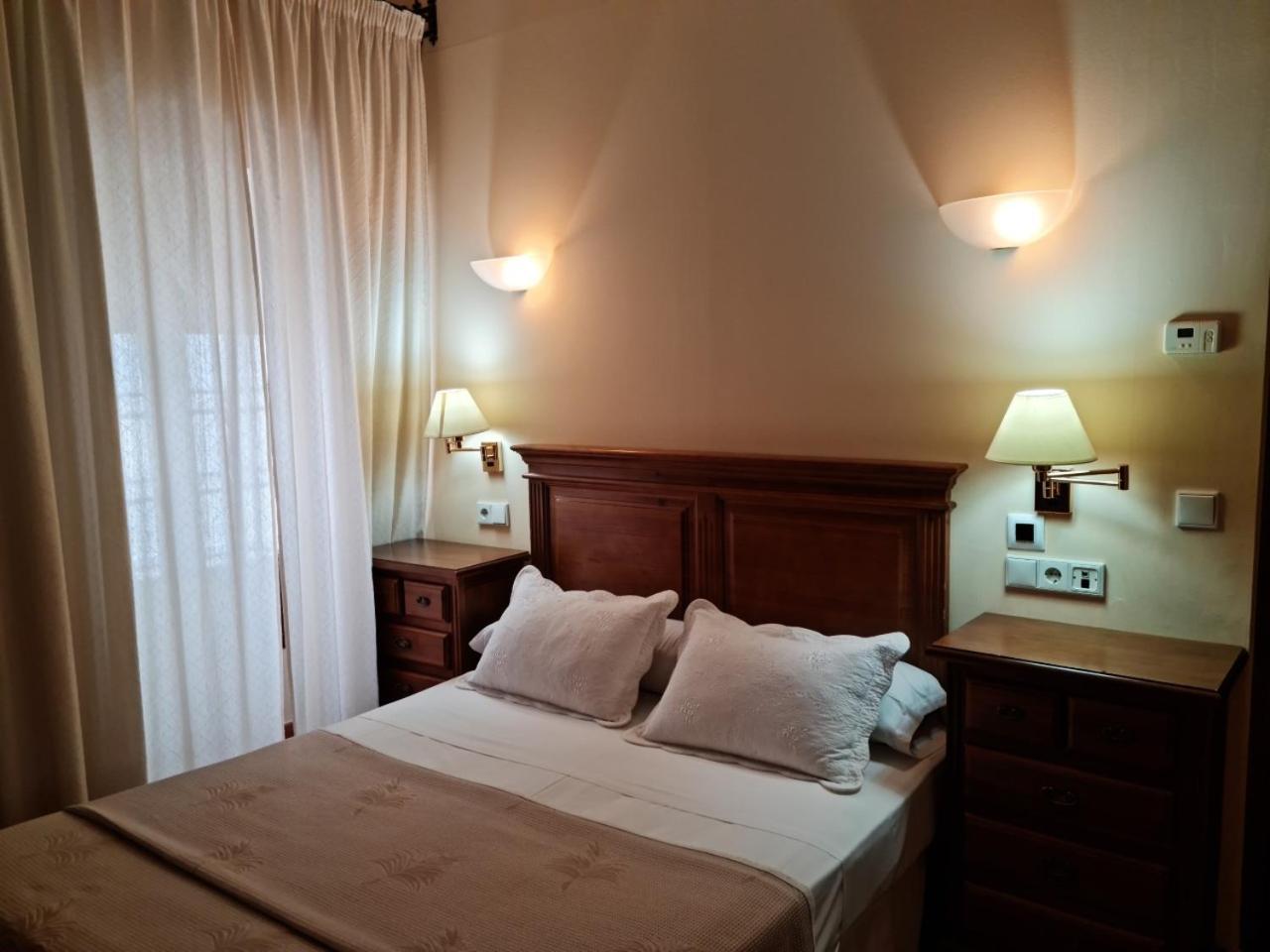
Hotel Plateros
Plaza Séneca 4
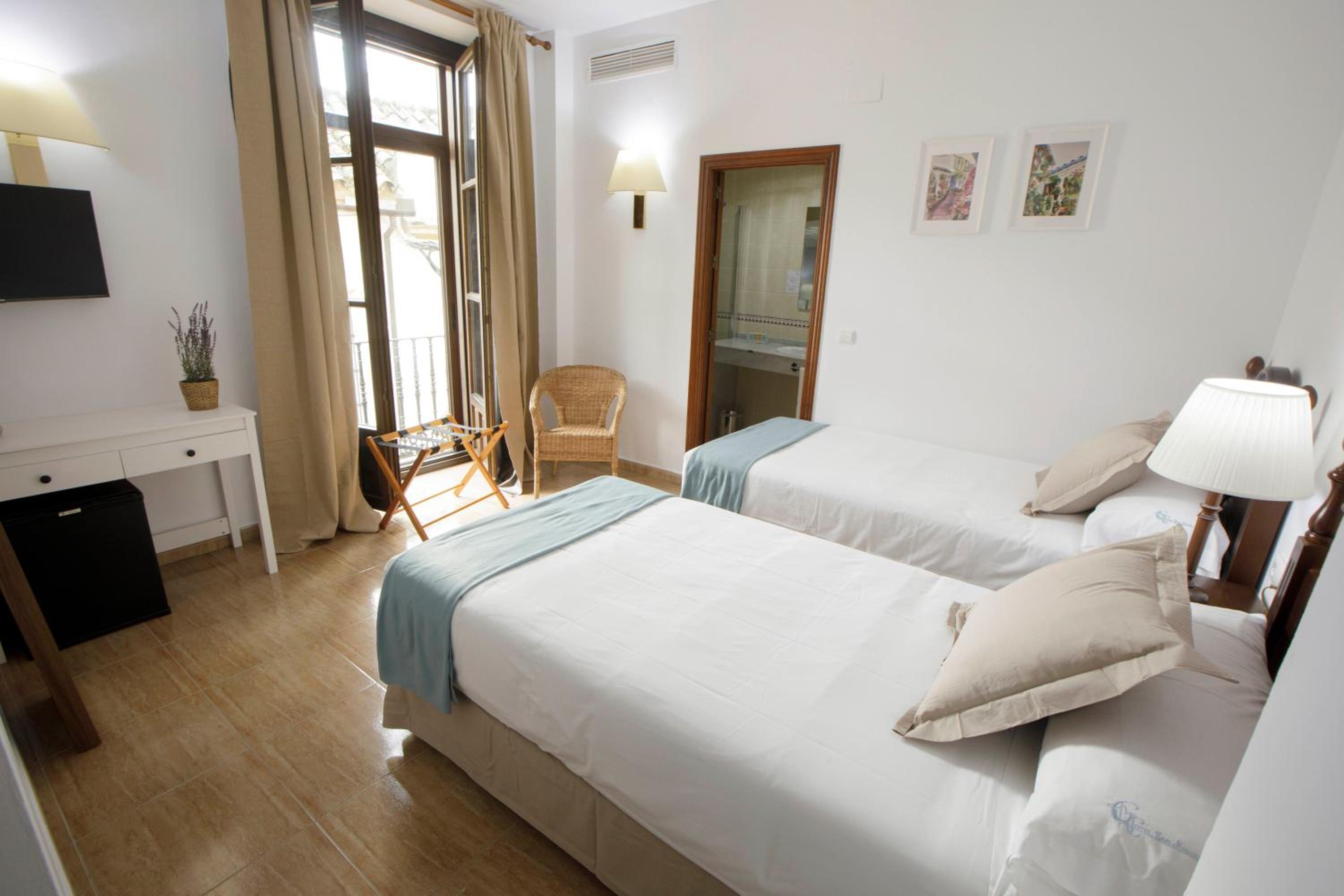
Hotel San Miguel
Calle San Zoilo, 4
Looking for More Options?
Browse thousands of hotels in Cordoba, Spain with real-time pricing and availability
Browse All HotelsPowered by our hotel partners
Recommended Restaurants








Interesting Facts
At its peak in the 10th century, Cordoba was one of the largest and most advanced cities in the world, with estimates of its population reaching up to 500,000 to 1 million inhabitants, dwarfing contemporary European capitals like Paris or London.
During the Islamic Caliphate, Cordoba boasted over 700 mosques, 300 public baths, and an estimated 70 libraries, including the Caliph's library which alone held possibly hundreds of thousands of manuscripts, making it a pivotal center of learning in medieval Europe.
Cordoba's unique 'Festival de los Patios' (Courtyard Festival), where residents open their elaborately decorated private patios to the public, was declared a UNESCO Intangible Cultural Heritage of Humanity in 2012.
Cordoba holds the distinction of being the only city in the world with four UNESCO World Heritage Sites: the Mezquita-Cathedral, the Historic Centre (which encompasses much of the old town), the Festival of the Patios, and the archaeological site of Medina Azahara.
Beyond the famous Patios Festival, Cordoba also hosts an annual 'Concurso de Rejas y Balcones' (Grilles and Balconies Competition), where residents adorn their street-facing ironwork with an explosion of flowers, turning the city into a vibrant floral tapestry throughout May.
The Mezquita-Cathedral is a singular architectural wonder, featuring over 850 double-tiered arches supported by columns of jasper, onyx, marble, and granite, creating a 'forest' effect. It seamlessly blends Islamic and Renaissance Christian architecture following its conversion after the Reconquista.
During its Golden Age, Cordoba was a melting pot of Christian, Jewish, and Muslim scholars. Its intellectual output, particularly in philosophy (e.g., Averroes and Maimonides), medicine, mathematics, and astronomy, profoundly influenced the European Renaissance and the transmission of knowledge from the East.
A curious legend tells of a giant crocodile, or 'Cocodrilo del Guadalquivir,' that supposedly terrorized the river until it was hunted down in the 17th century. Its stuffed remains (actually a large loggerhead turtle shell) were once displayed in the Calahorra Tower as a cautionary tale.